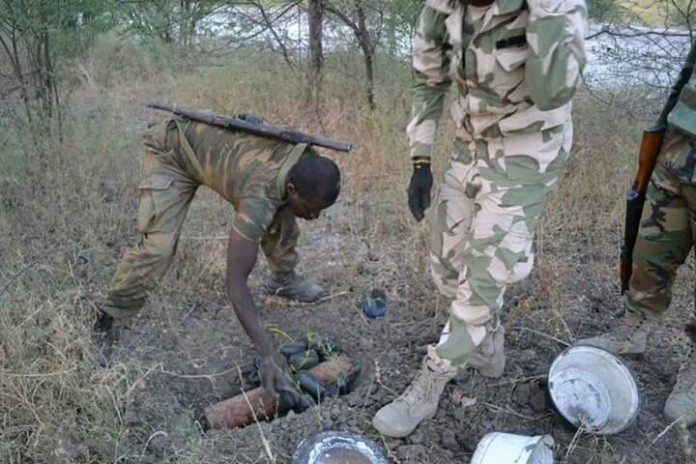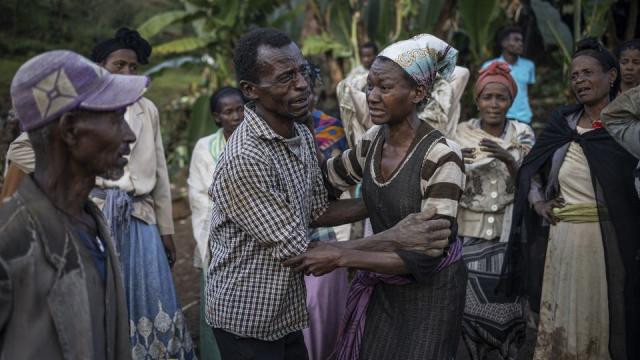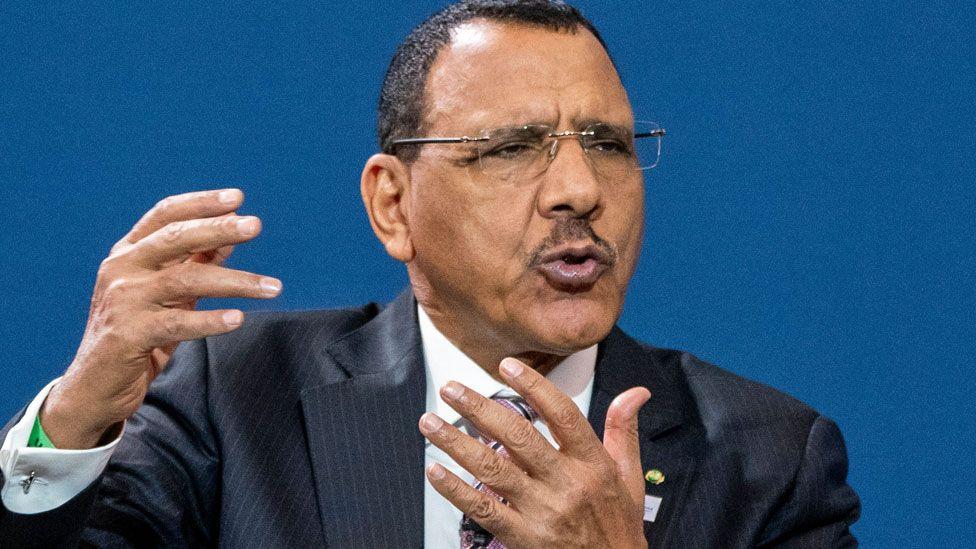
Kenya’s majestic lions live on the brink, struggling in the face of shrinking habitats, human conflicts, wildfires, and climate change. Lions and humans are competing for resources, leading to deadly clashes.
In May, 10 lions were killed in a week at Amboseli National Park, highlighting the growing human-wildlife conflict. Lion populations sharing territories with humans and livestock often face conflicts, causing economic losses and threats to people.
Infrastructure development worsens this issue. Farmers resort to extreme measures like spearing and pesticides to protect their livestock from lions.
Conservationists express concern about the grim future for lions. Over the years, lion habitats have diminished drastically, and populations have dropped by around 90%. Many areas in Africa, even whole countries, have lost their lions due to habitat loss and competition with growing human populations.
Droughts exacerbate the problem by causing the death of prey animals, leading lions to target livestock and escalate conflicts with humans. Wildfires also contribute to the loss of valuable grazing lands.
To address these challenges, experts emphasize the importance of long-term solutions that involve local communities and benefit both wildlife and people. The World Wildlife Fund estimates that only around 23,000 wild lions remain, disappearing from over 90% of their historical habitats, which raises concerns about the future generations not having the chance to witness these magnificent creatures in the wild.




